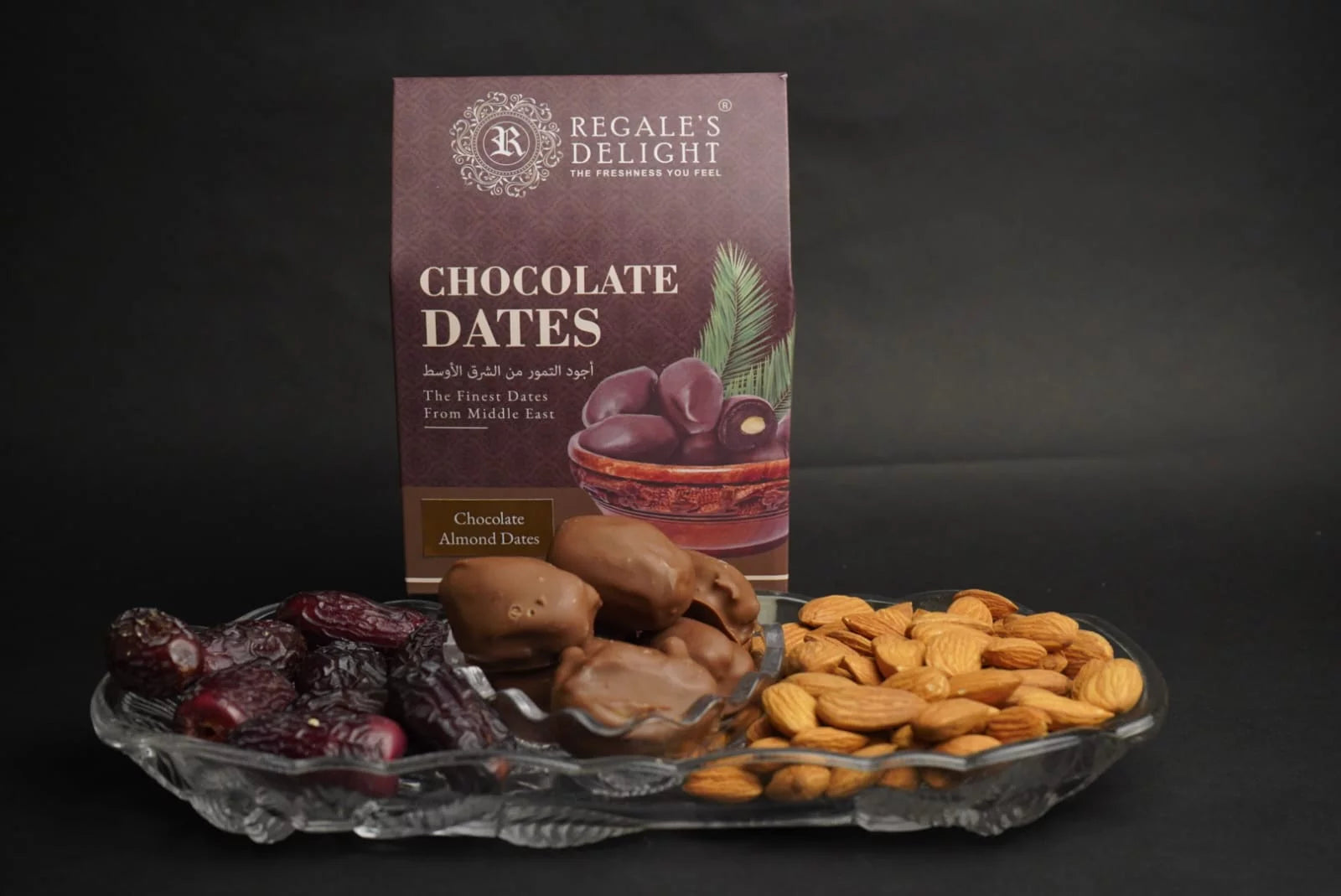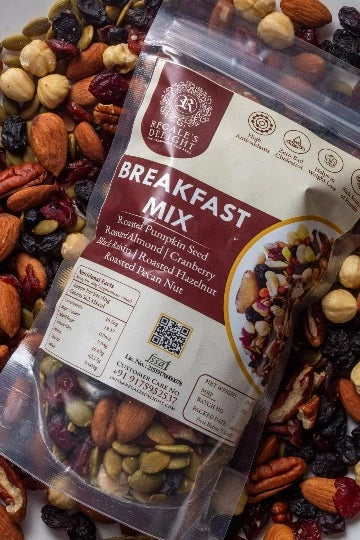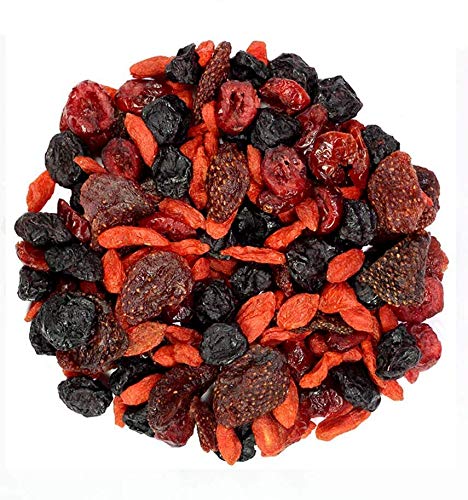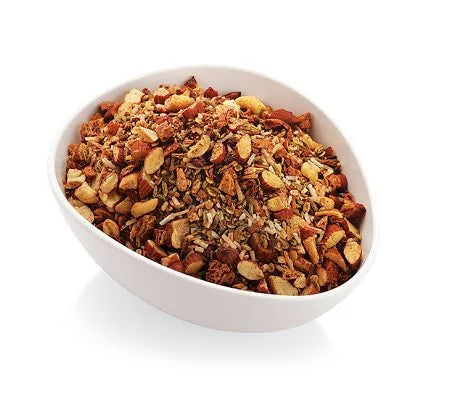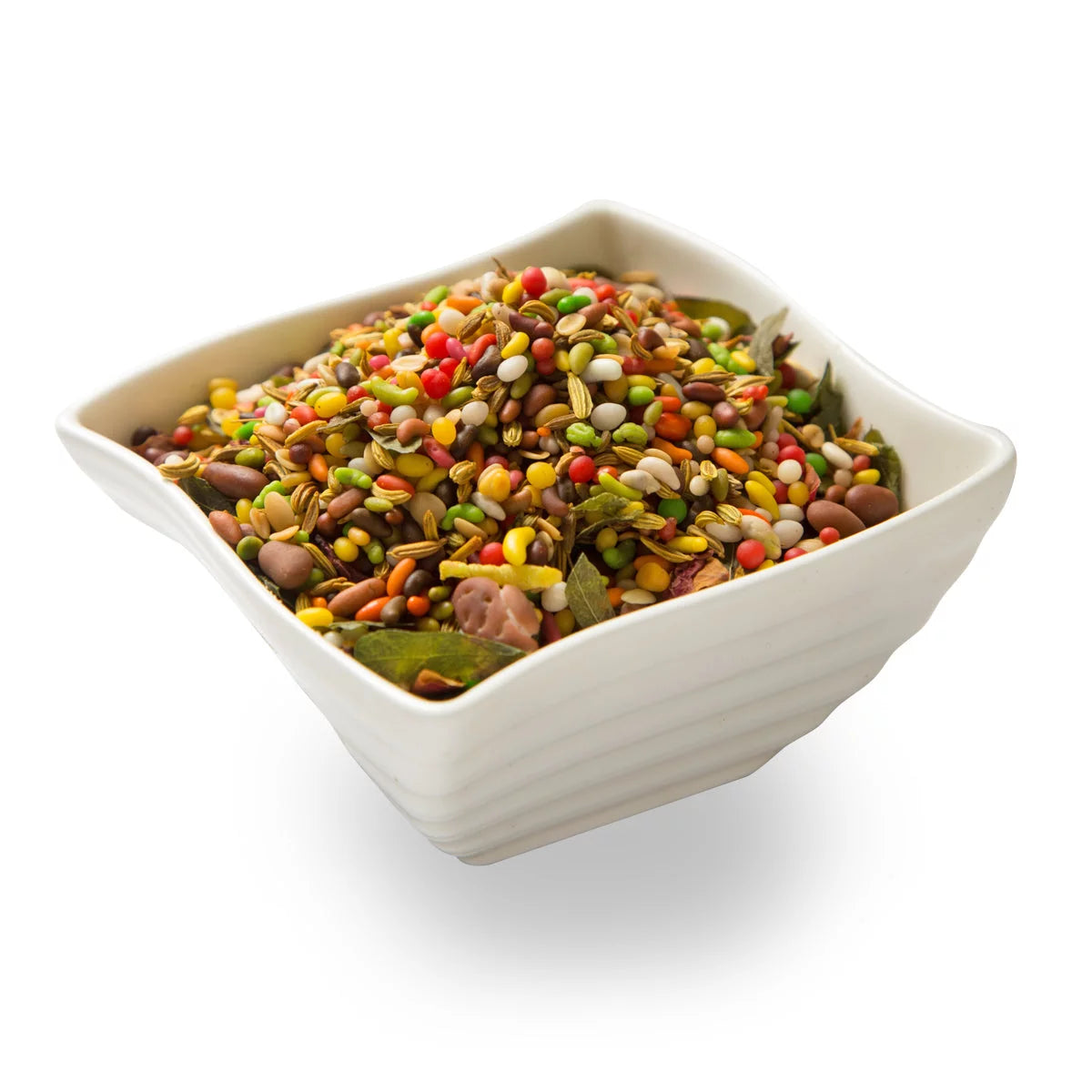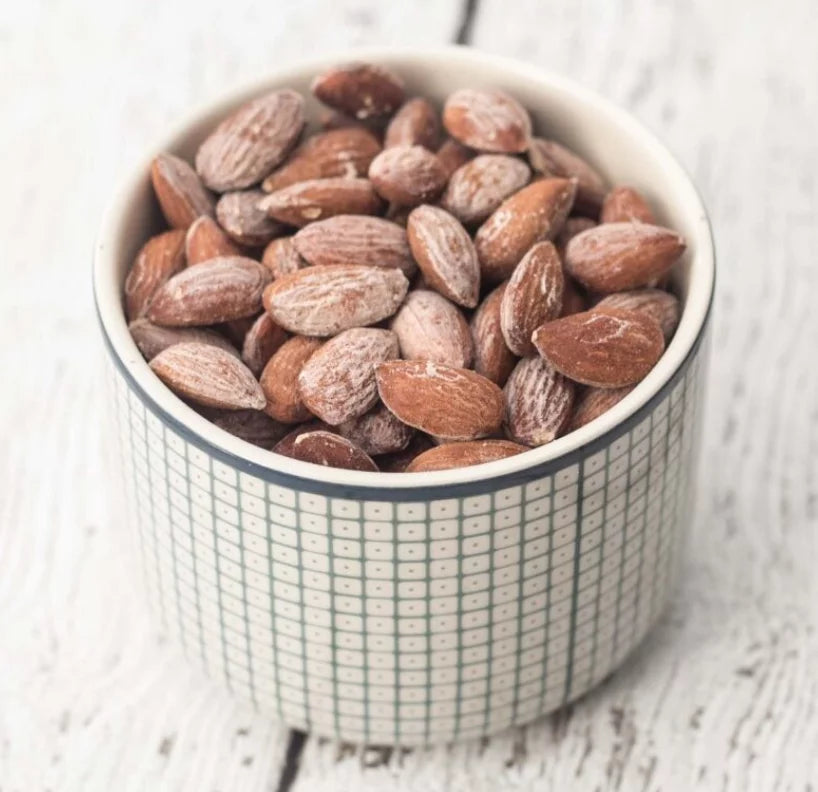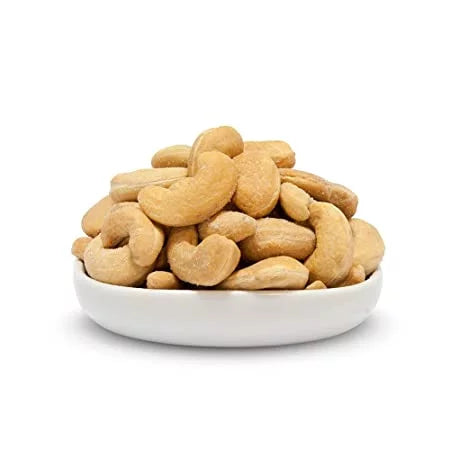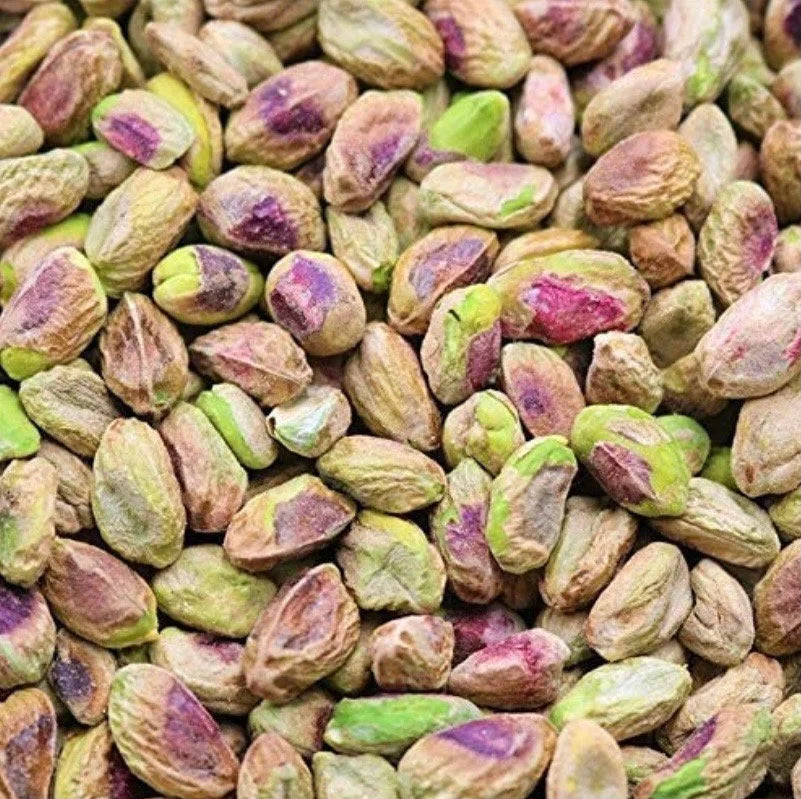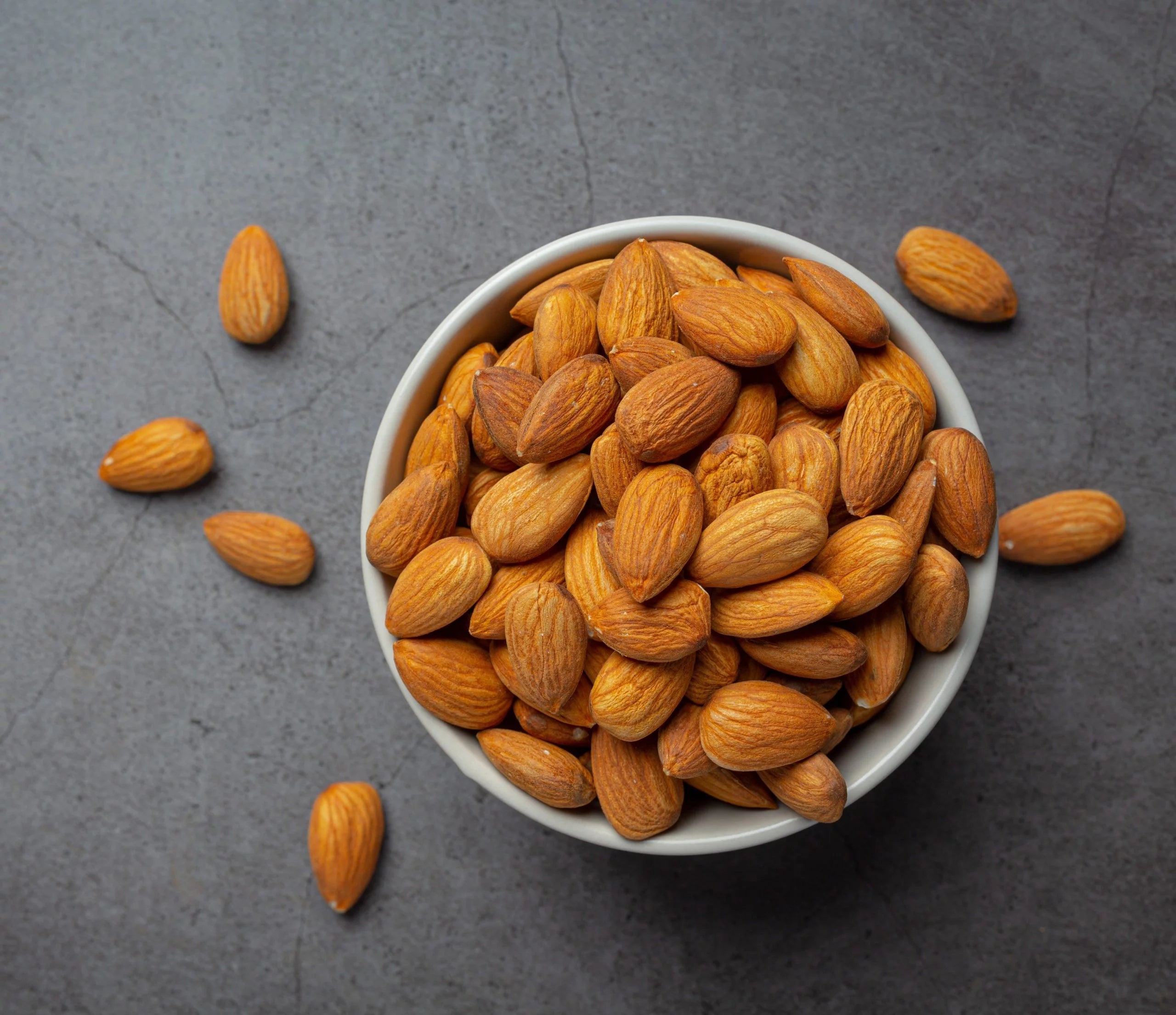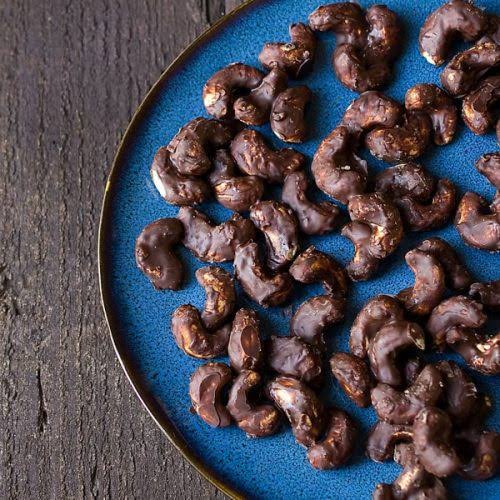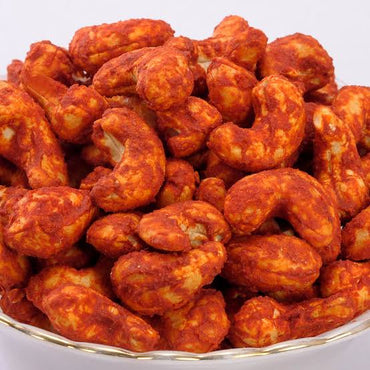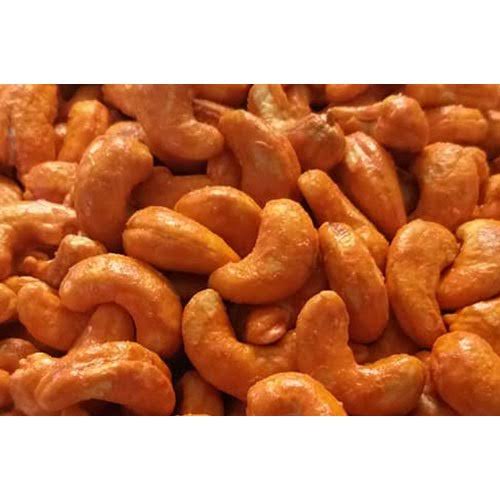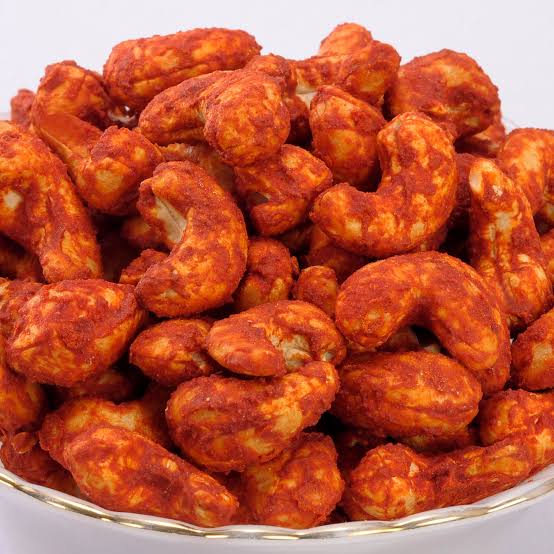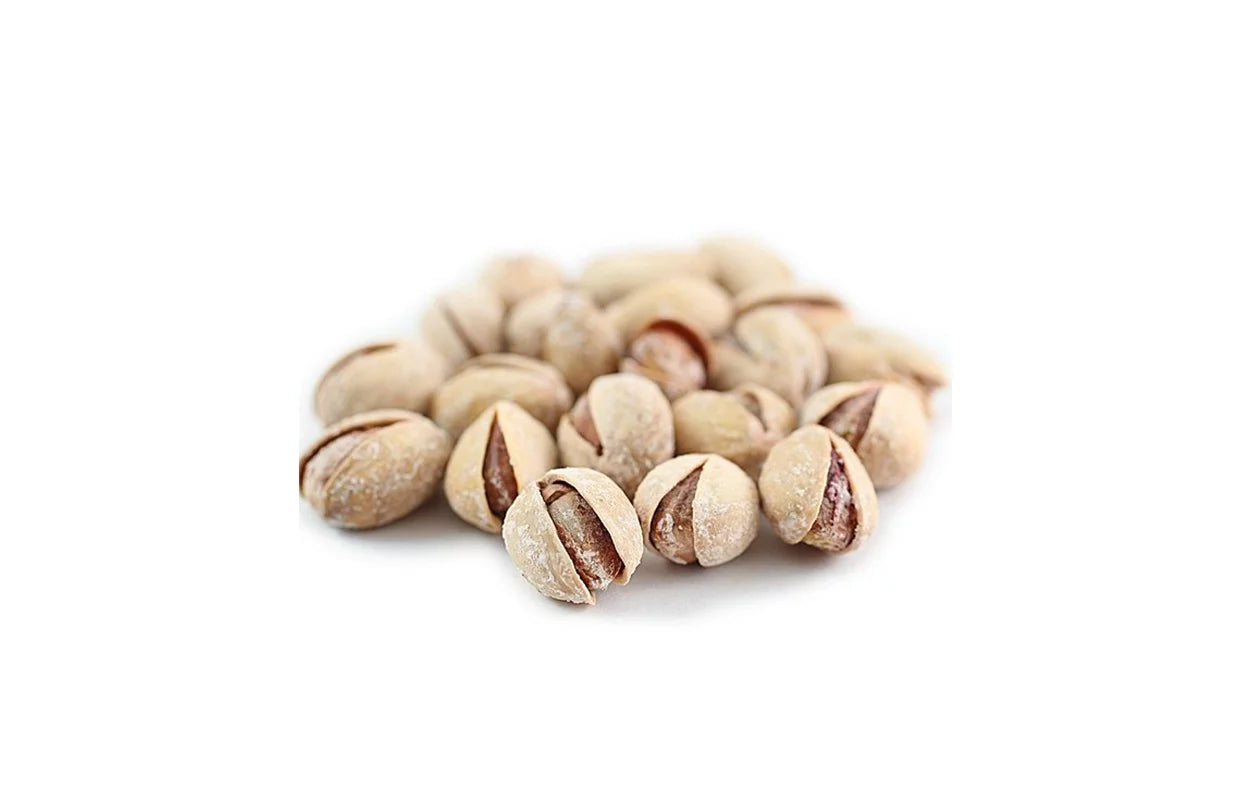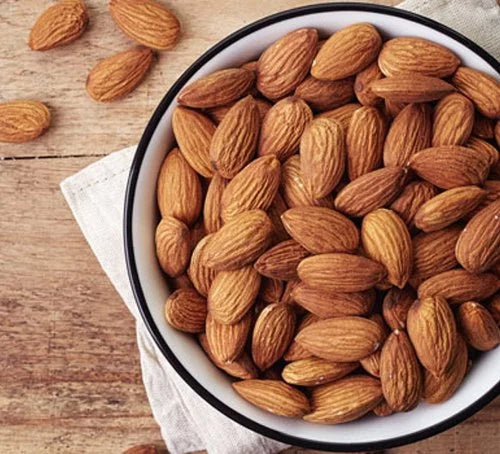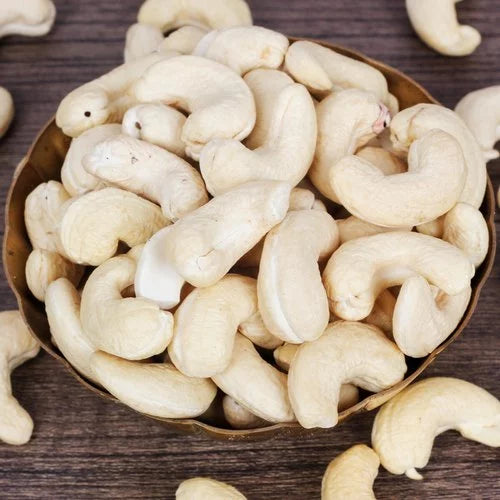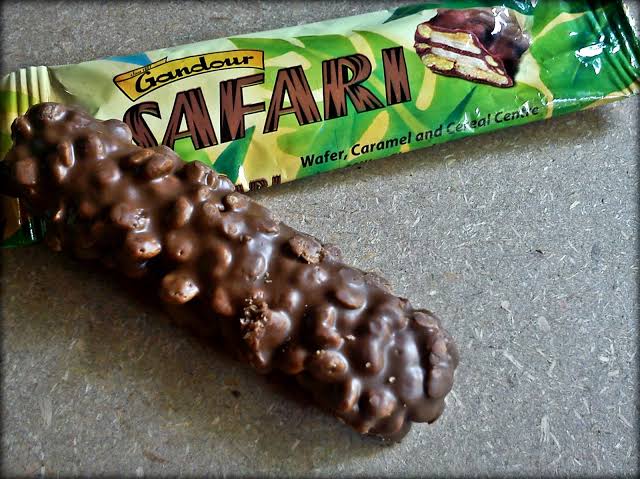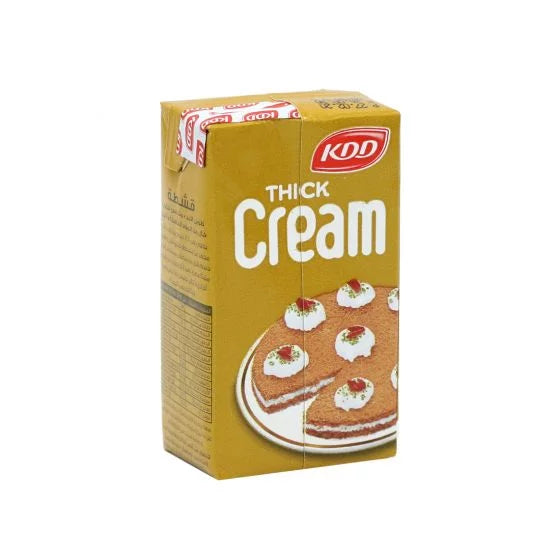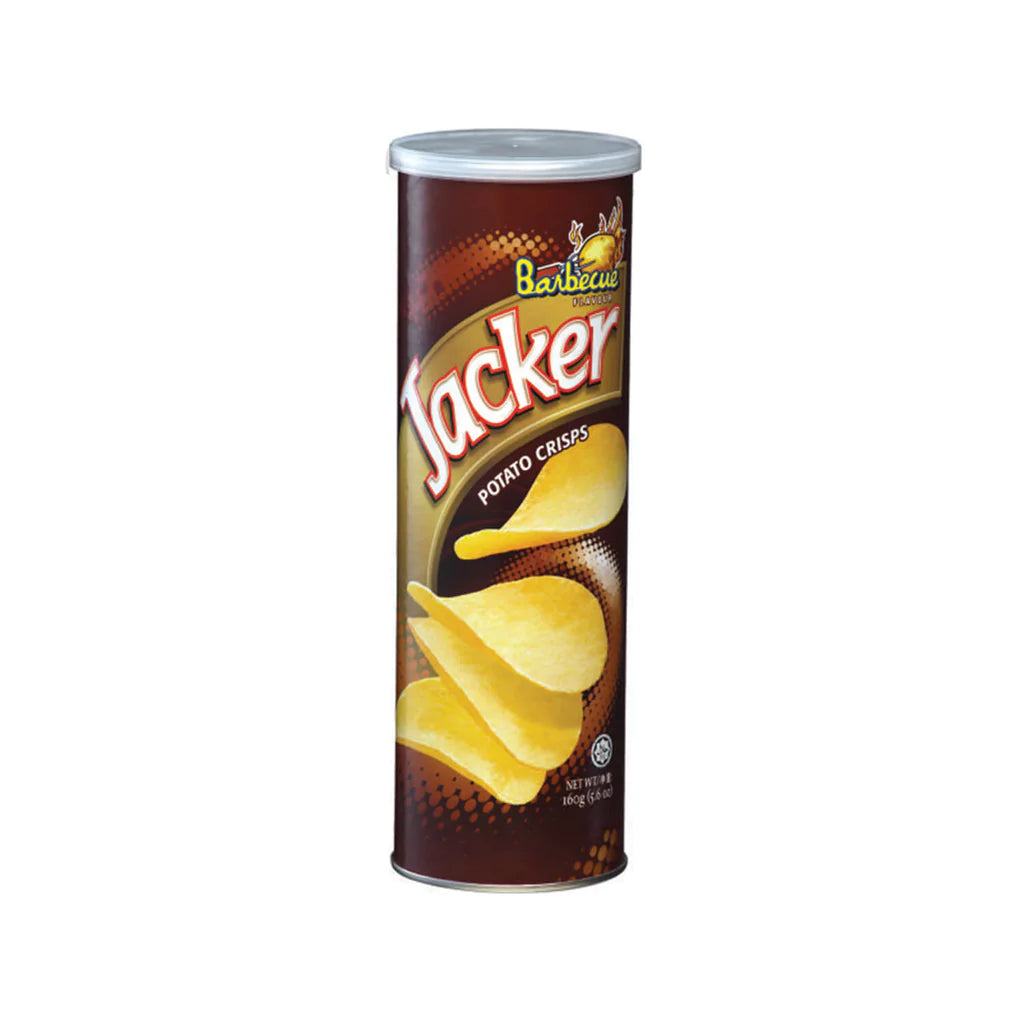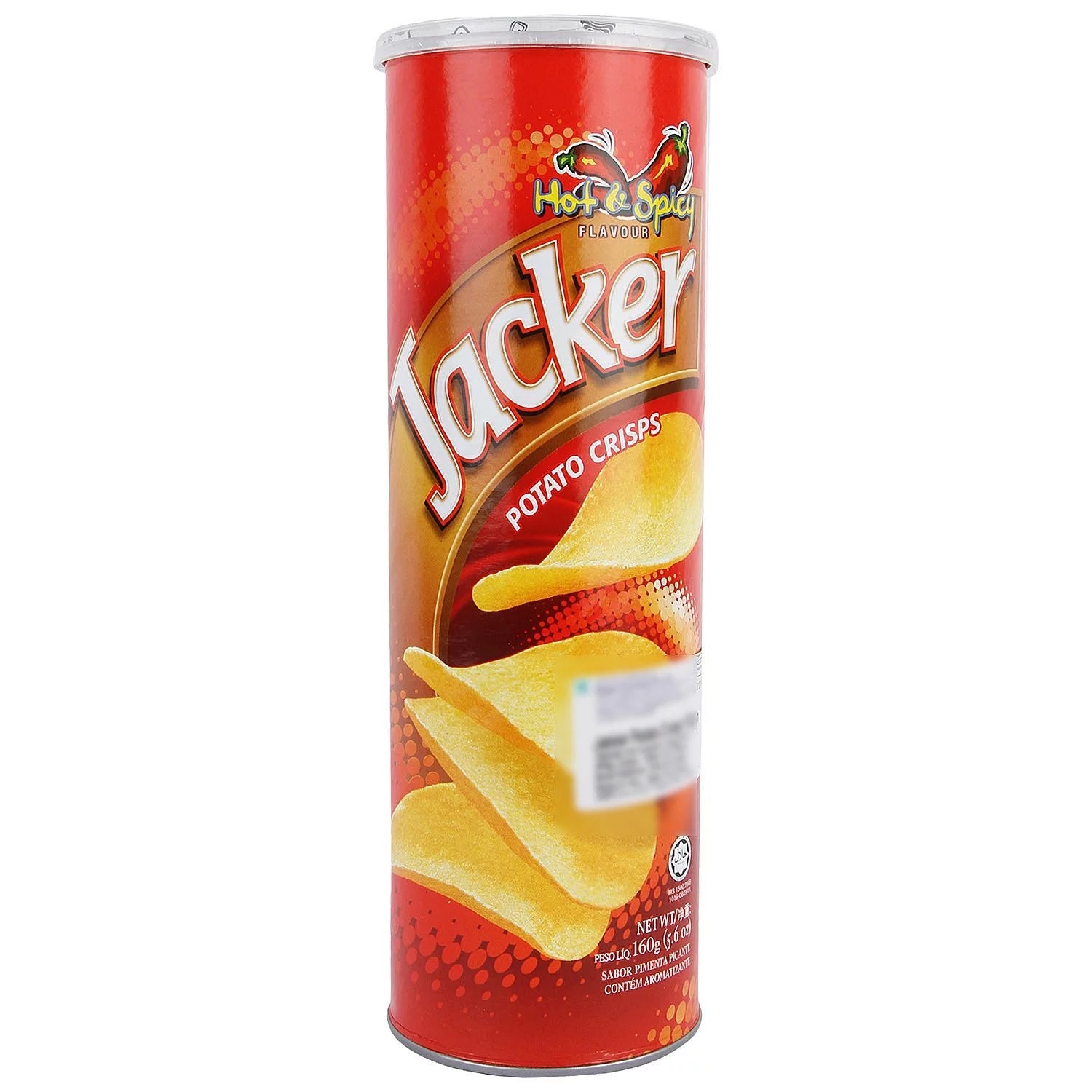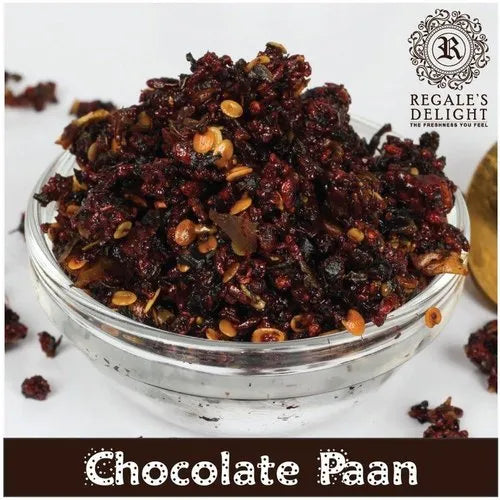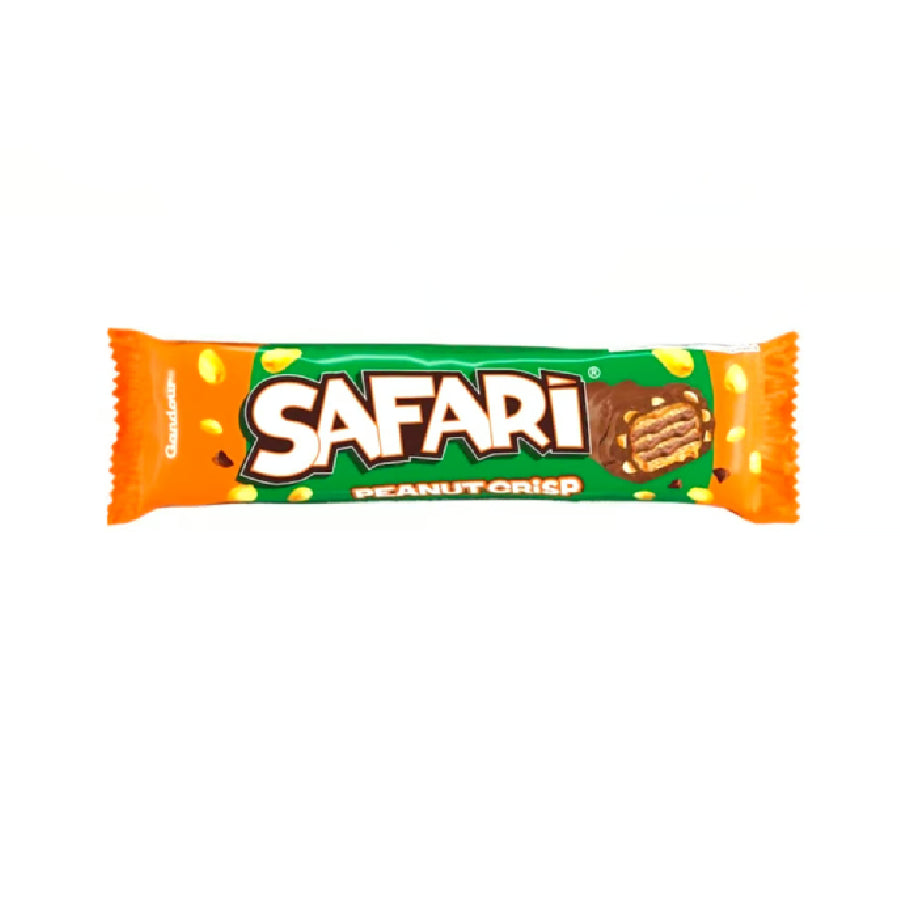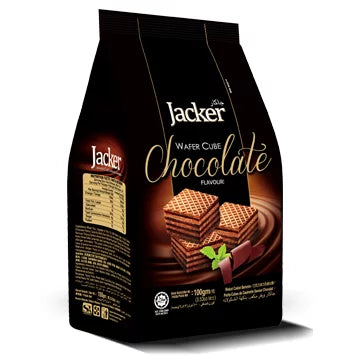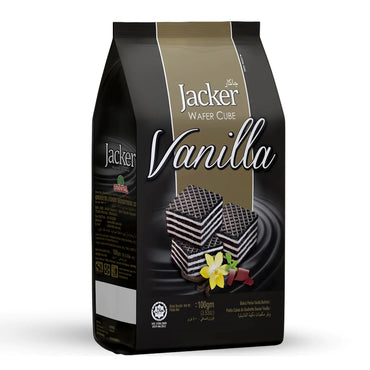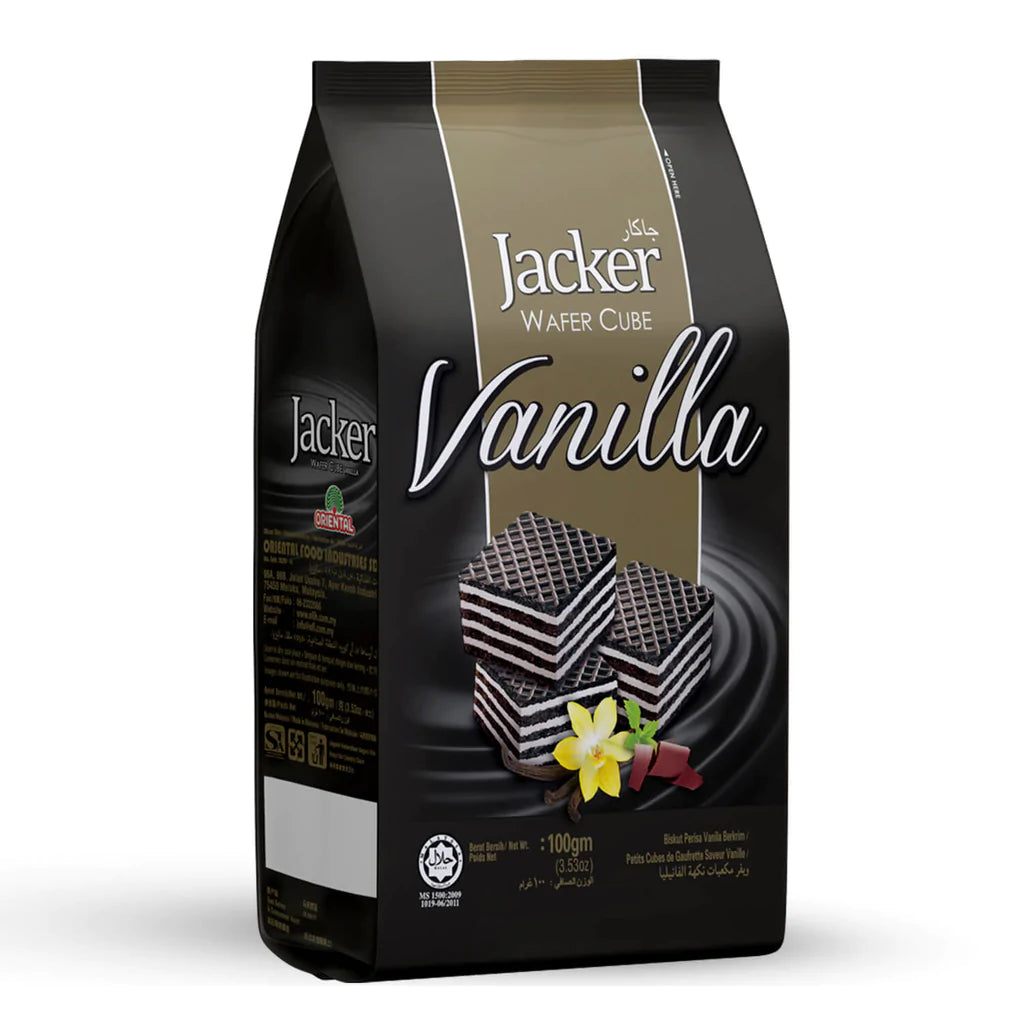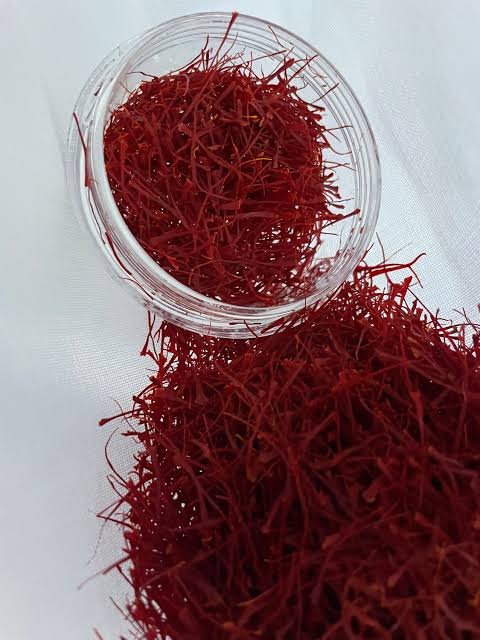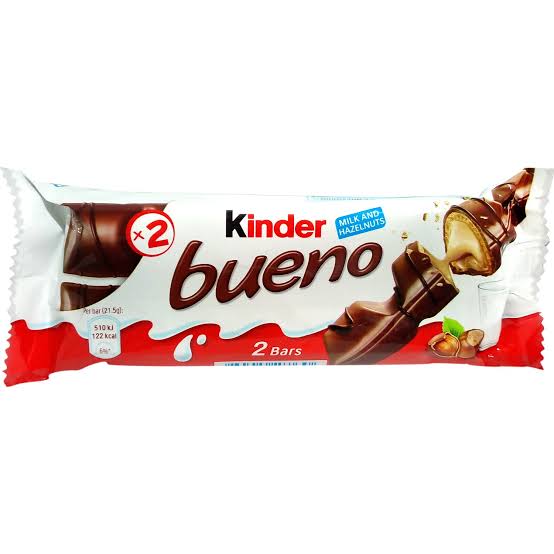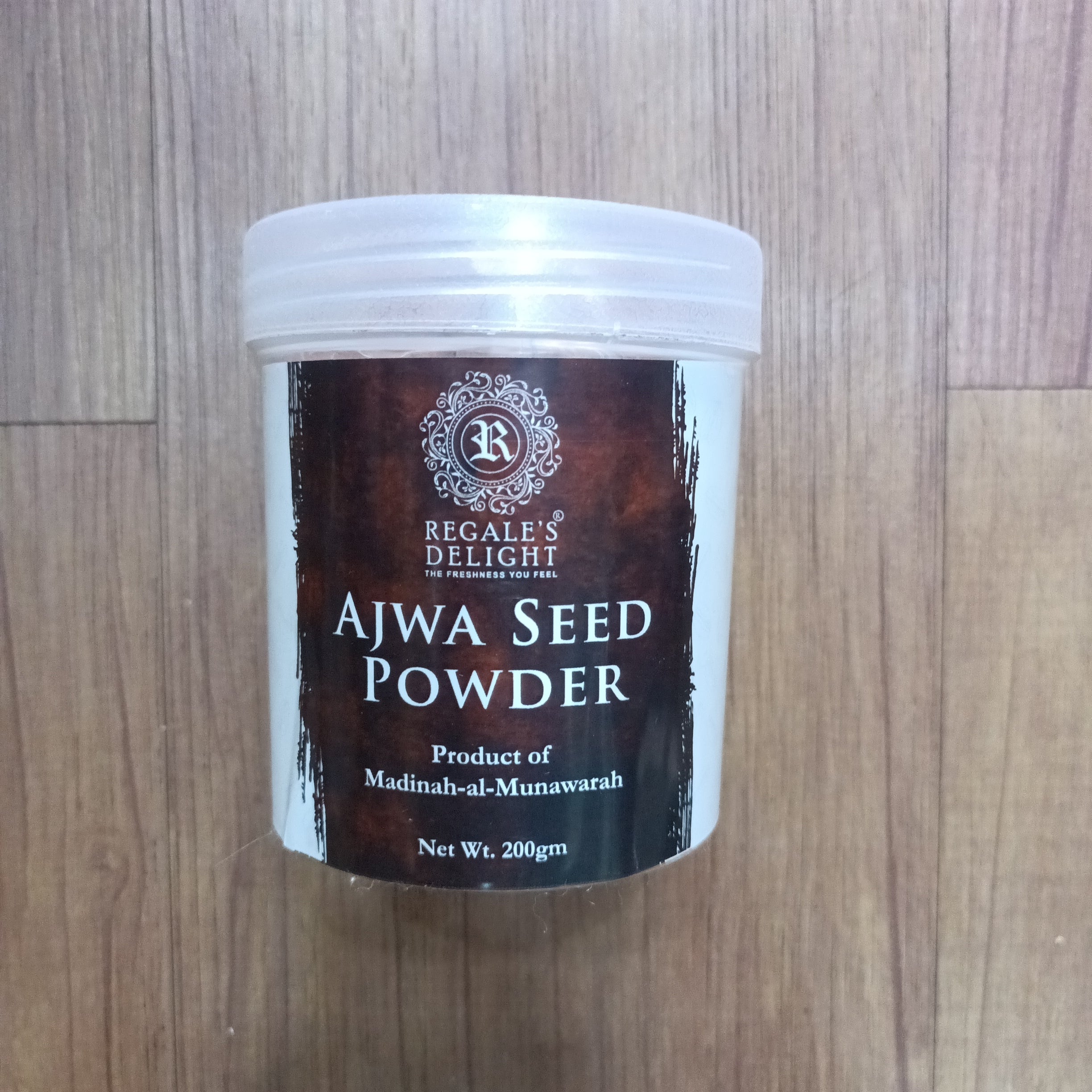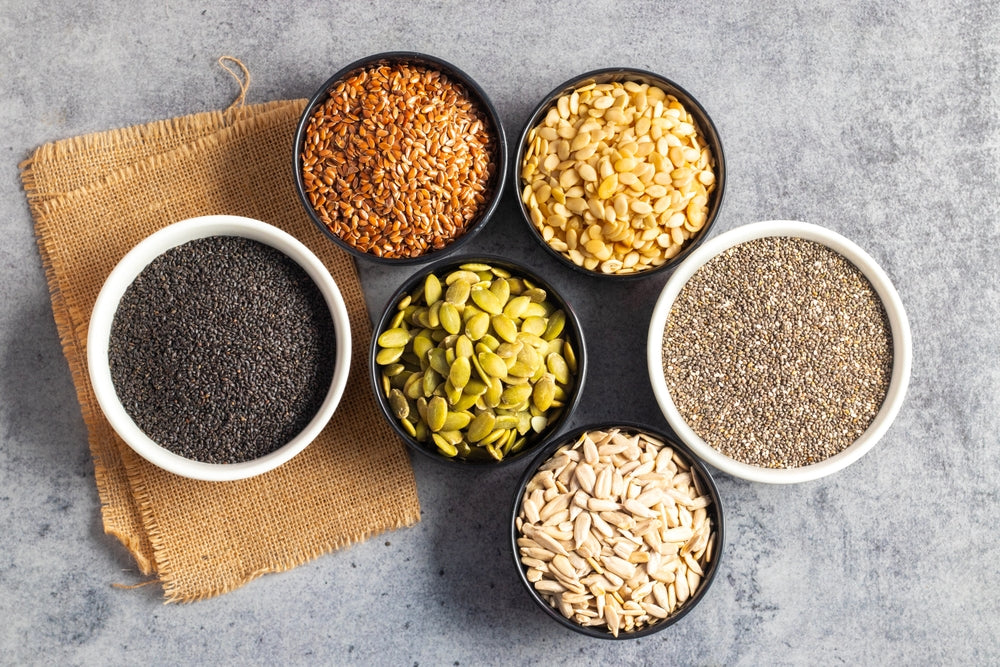Incorporating seeds into your diet is a simple yet powerful way to boost your nutrition. They are small but mighty, packed with essential nutrients, fiber, and healthy fats. Whether you're looking for seeds for breakfast or snacks throughout the day, there's a variety of options to choose from. In this article, we'll dive into the best seeds to eat, their health benefits, and how you can easily include them in your meals.
The Best Seeds to Eat for Health
Chia Seeds
Chia seeds have gained popularity for good reasons. These tiny black seeds are loaded with omega-3 fatty acids, antioxidants, and fiber. Just one ounce provides a substantial amount of your daily fiber needs. They are also an excellent source of calcium, making them beneficial for bone health.
How to Eat Chia Seeds
Chia seeds can be easily incorporated into your diet. Sprinkle them on yogurt, oatmeal, or salads. You can also make chia pudding by soaking them in milk or a milk alternative overnight.
Flaxseeds
Flaxseeds are another superfood seed worth adding to your diet. They are rich in omega-3 fatty acids, lignans, and fiber, which contribute to heart health and improved digestion. Flaxseeds are particularly beneficial for females due to their potential to balance hormones.
How to Use Flaxseeds
To get the most benefits, consume ground flaxseeds rather than whole ones, as the body can digest them more easily. Add them to smoothies, baked goods, or sprinkle them over your breakfast cereal.
Pumpkin Seeds
Pumpkin seeds, or pepitas, are not only delicious but also packed with nutrients. They are a great source of magnesium, zinc, and healthy fats. These seeds are linked to improved heart health and can also boost your immune system.
Ways to Enjoy Pumpkin Seeds
Enjoy pumpkin seeds roasted or raw. They make a perfect snack on their own or can be added to salads, granola, or trail mixes.
Sunflower Seeds
Sunflower seeds are rich in vitamin E, a powerful antioxidant, and selenium, which can help protect your cells from damage. They are also a good source of magnesium and healthy fats.
Eating Sunflower Seeds
Sunflower seeds can be eaten raw, roasted, or added to dishes for a crunchy texture. They make a great addition to homemade seed mixes or sprinkled on top of salads.
Sesame Seeds
Sesame seeds are tiny but packed with nutrients like calcium, iron, and magnesium. They contain sesamin and sesamolin, compounds that may have cholesterol-lowering effects and support liver health.
Sesame Seed Uses
Sprinkle sesame seeds on stir-fries, salads, or use them to coat chicken or fish. Tahini, a paste made from sesame seeds, is a fantastic addition to dressings and sauces.
Health Benefits of Including Seeds in Your Diet
Seeds are nutritional powerhouses that offer numerous health benefits. Here's how they can contribute to your well-being:
High in Fiber
Many seeds are high in fiber, which aids digestion and helps you feel fuller for longer. This can be beneficial for weight management and maintaining a healthy digestive tract.
Rich in Healthy Fats
Seeds like flaxseeds, chia seeds, and pumpkin seeds are rich in omega-3 and omega-6 fatty acids. These healthy fats are essential for brain health, reducing inflammation, and supporting heart health.
Packed with Protein
Seeds are a great plant-based source of protein, making them an excellent option for vegetarians and vegans. Protein is vital for building and repairing tissues, producing enzymes, and supporting overall health.
Loaded with Vitamins and Minerals
Seeds contain a variety of essential vitamins and minerals, such as magnesium, zinc, and vitamin E. These nutrients support immune function, improve skin health, and contribute to strong bones.
Antioxidant Properties
Many seeds have antioxidant properties that help protect the body from oxidative stress, which can lead to chronic diseases. Antioxidants in seeds like sunflower seeds and chia seeds help fight free radicals and reduce inflammation
How to Incorporate Seeds into Your Daily Diet
Adding seeds to your meals is easy and versatile. Here are some tips to get you started:
Breakfast Boost
Add seeds to your morning routine by sprinkling them on cereal, oatmeal, or yogurt. Try making a seed mix to keep on hand for a quick and nutritious topping.
Snack Smart
Keep a jar of roasted seeds at your desk for a healthy snack. Mix different seeds with dried fruits and nuts for a balanced trail mix.
Cooking and Baking
Incorporate seeds into your cooking and baking. Add them to bread, muffins, or energy bars for added texture and nutrition
Smoothie Enhancer
Blend seeds into smoothies for a nutrient boost. Chia seeds, flaxseeds, and hemp seeds blend well and won't alter the flavor significantly.
Salad Toppings
Sprinkle seeds on salads for a crunchy texture and added nutrition. They pair well with leafy greens, roasted vegetables, and even fruits.
Conclusion
Incorporating super healthy seeds into your diet is an easy and effective way to enhance your nutrition. Whether you're looking to improve heart health, support digestion, or boost your intake of essential nutrients, seeds offer a wealth of benefits. Experiment with different types of seeds to find your favorites and enjoy the diverse health benefits they provide. By making seeds a regular part of your meals, you'll be on your way to better health and well-being

